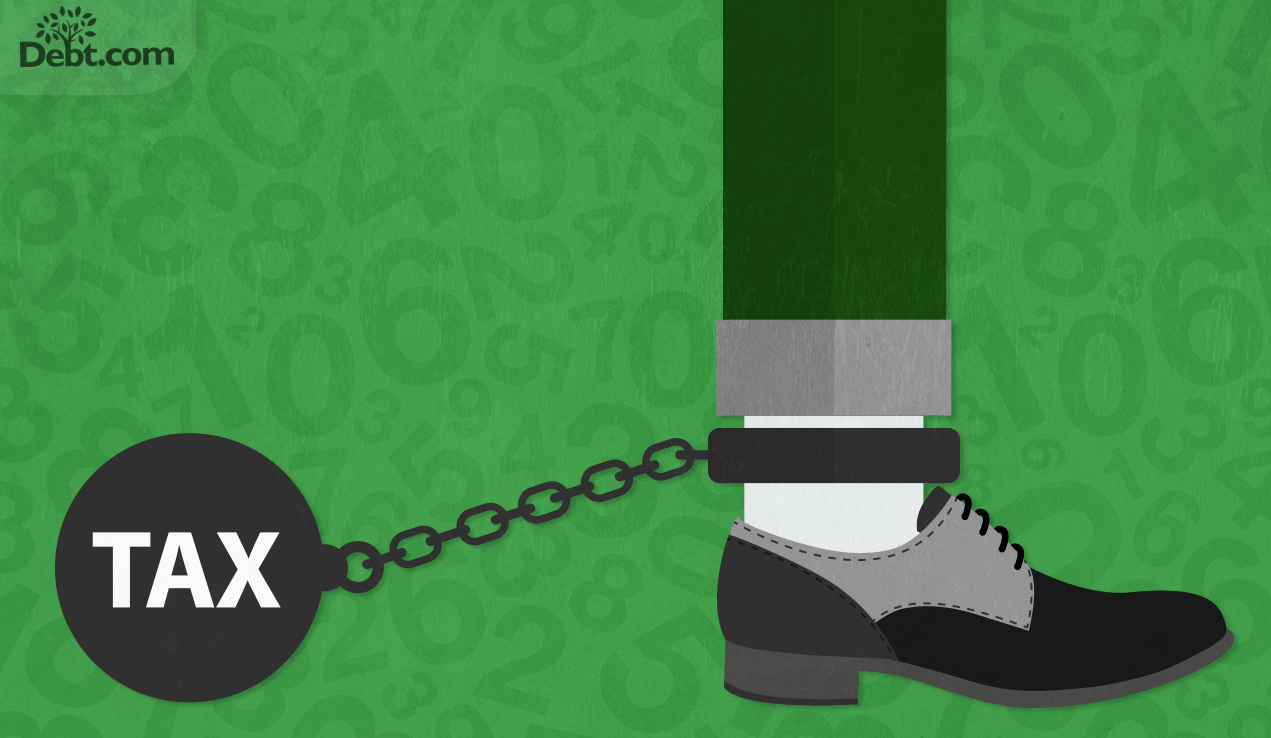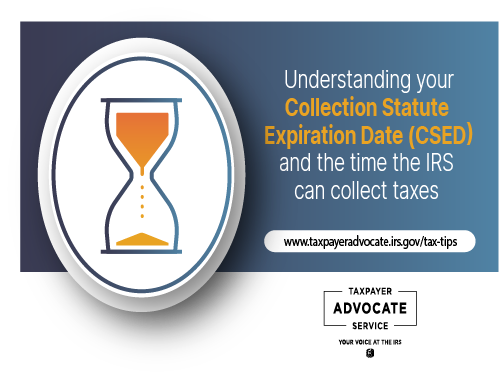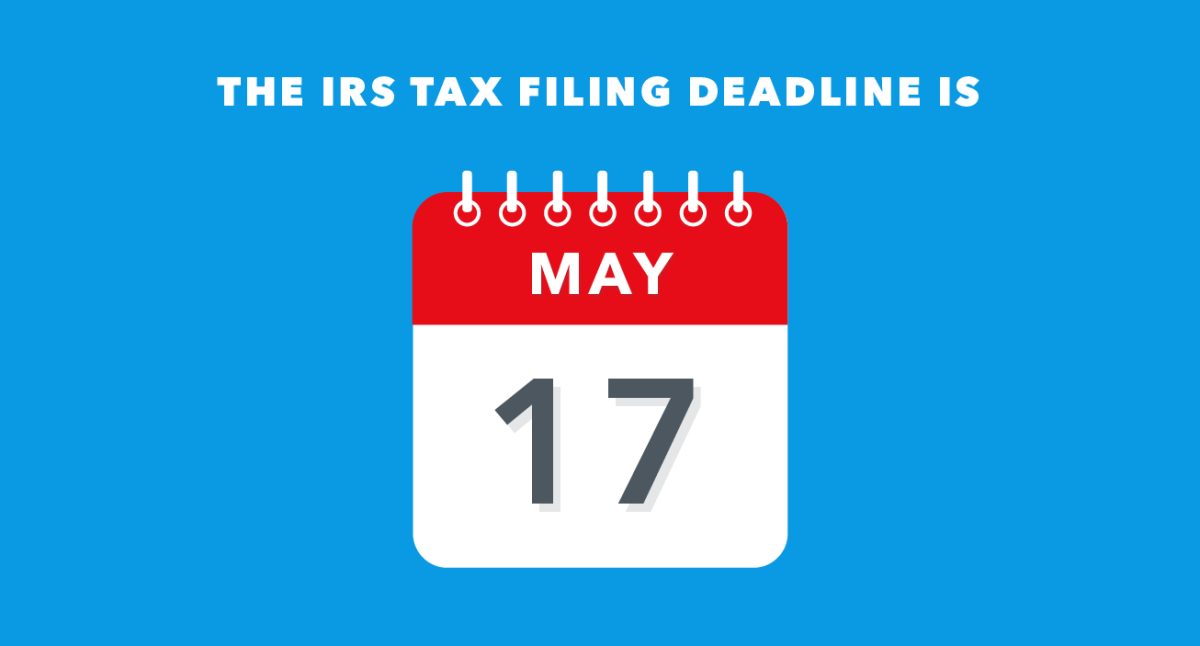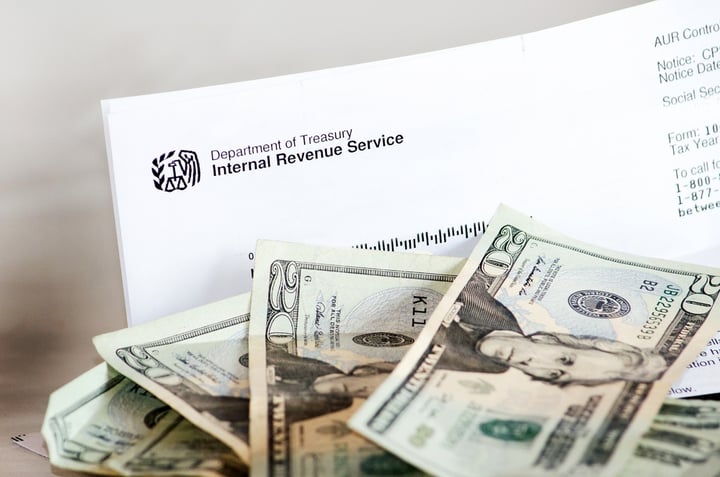how far back does the irs go to collect back taxes
If you want to stay in good standing with the irs you should file back taxes within six years. For most cases the IRS has 3 years from the date the return was filed to audit a tax return and determine if additional tax is due.

Tax Return Refund Delays From The Irs Leave Triangle Residents Waiting For Thousands Of Dollars Abc11 Raleigh Durham
The irs can go back to any unfiled year and assess a tax deficiency along with penalties.

. How far back can the irs collect back taxes. With some debts such as medical bills or credit card debt the statute of limitations can cut off a creditor who might try to sue you over an old debt. However in practice the IRS rarely goes past the past six years for non-filing enforcement.
The time period called statute of limitations within which the IRS can collect a tax debt is generally 10 years from the date the tax was officially assessed. However in practice the IRS rarely goes past the past six years for non-filing enforcement. For civil tax fraud thats true.
Federal law gives the IRS three years to audit taxpayers but there are exceptions that can extend the audit period to six years. One very important piece of information keep in mind is that the statue limitations does not begin to run until after the tax return has been filed. The IRS is limited to 10 years to collect back taxes after that they are barred by law from continuing collection activities against you.
The 10-year period is supposed to begin when the tax is assessed. However there are frequently disputes on that timing between tax debtors and the IRS. The idea is the concept is that if a person acts fraudulently with criminal intent then the IRS has the right to get to the bottom of the matter and is authorized to go back as far as the IRS Agent needs to obtain that information.
When does the Tax Return Audit Statute Start Running. How Many Years Does The IRS Go Back To Collect On Unfiled Tax Returns. And believe it or not the IRSs records rarely if ever go back that far.
Everyone says that the only two sure things in life are death and taxes. In this article well talk about how long the IRS has to collect a tax debt. The Internal Revenue Service keeps copies of all versions of tax Form 1040 for up to six years.
Lets go through some of the basics about the IRS audit timeline and just how far back the IRS can go. The IRS is looking to draw a line in the sand that is consistent with their internal resources. The IRS can come after you any time.
Youll learn if your debt will be forgiven once the statute of limitation has passed. Taxpayers are encouraged by the IRS to file all missing tax returns if possible though. Problems of proof are too.
Even if this agency is suspicious that you may have accrued unpaid taxes from more than 10 years ago it is generally prevented from figuring in any tax-related events that occurred earlier than 10 years before todays date. After that time as required by law it destroys them according to the IRS. Part of the reason the IRS requires six years is manpower the IRS cannot administer and staff the enforcement of unfiled tax returns going back as far as 10 or 20 years.
Also most delinquent return and SFR enforcement actions are completed within 3 years after the due date of the return. IN GENERAL the IRS has 3 years from the date a return is filed to make an assessment and 10 years from the assessment to collect any deficiencies. If you are looking for the statute of limitations on tax debt it is safe to assume that you did not pay your tax bill when you filed them.
Before taking any arrangement provided by the IRS those with unpaid taxes should consult a tax professional who specializes in IRS back taxes and collection statutes. How far back can the IRS go for unfiled taxes. The IRS may maintain other tax forms for more than six years.
When the Internal Revenue Service conducts audits it usually does so within a certain amount of time. How many years does the IRS go back to collect on unfiled tax returns. Also most delinquent return and SFR enforcement actions are completed within 3 years after the due date of the return.
An IRS Audit Can Sometimes Go Back Six Years. The IRS can go back to any unfiled year and assess a tax deficiency along with penalties. Along with copies of the 1040 forms including Forms 1040A and 1040EZ the IRS keeps all documentation.
How far back the IRS can go to collect. The IRS can go back to any unfiled year and assess a tax deficiency along with penalties. However in the long run taxes may be less certain.
What many taxpayers dont know is that the IRS has a limit on when they can collect taxes and after this time the debt cannot be legally collected anymore. You cant calculate how far back the IRS can collect taxes without knowing when the countdown clock starts. The most common.
See Internal Revenue Code 65016502. The time to audit taxes can be extended. For most cases the irs has 3 years from the date the return was filed to audit a tax return and determine if.
There is no statute of limitations on a late filed return. But its still rare for the IRS to go back too far. The IRS will require any taxpayer to go back and file your last six years of tax returns.
But in the case of those who have missed one or more years the IRS can go back into a taxpayers history as far as it likes. When the statute of limitations will expire or how far back the IRS can go depends on a number of variables. To figure out your CSED you can check the date on correspondence the IRS sent you about unpaid taxes or ask the agency for a transcript of your account.
The IRS 10 year statute of limitations starts on the day that your tax return was processed. If you owe money to the IRS the longest that this agency can go back and audit your finances is 10 years. The IRS 10 year window to collect starts when the IRS originally determines that you owe taxes that is usually when you filed your tax return or when the result of an IRS audit becomes final.
When a person acts fraudulently the IRS is able to go back as far as it wants to audit the person. However in practice the IRS rarely goes past the past six years for non-filing enforcement. The IRS can go back to any unfiled year and assess a tax deficiency along with penalties.

Know What To Expect During The Irs Collections Process Debt Com

Owe The Irs You Have A Few Options If You Cannot Afford The Bill Forbes Advisor

Irs Wage Garnishments El Paso Tx Villegas Law Cpa Firms Wage Garnishment Problem And Solution Irs

Returns Filed Taxes Collected And Refunds Issued Internal Revenue Service

Irs Tax Refund Calendar 2022 When To Expect My Tax Refund

When Does An Irs Tax Lien Expire Rjs Law Tax And Estate Planning

The Irs Says Criminals Have To Report Illegal Income Seriously Upworthy

Are There Statute Of Limitations For Irs Collections Brotman Law

Irs Tax Refund Calendar 2022 When To Expect My Tax Refund

Tas Tax Tip Understanding Your Csed And The Time Irs Can Collect Taxes

Tax Filing Season Kicks Off Here S How To Get A Faster Refund

Does The Irs Forgive Tax Debt After 10 Years Heartland Tax Solutions

Irs Refunds When Is The Irs Accepting 2022 Tax Returns Marca

How To Get Your Stimulus And Tax Refund Fast Nextadvisor With Time

How Long Can The Irs Try To Collect A Debt

Irs Announced Federal Tax Filing And Payment Deadline Extension The Turbotax Blog

How Far Back Can The Irs Collect Unfiled Taxes

